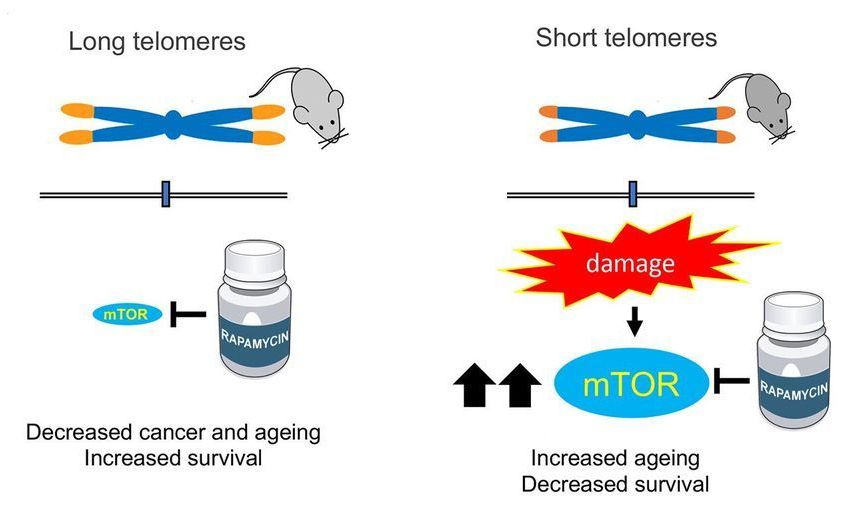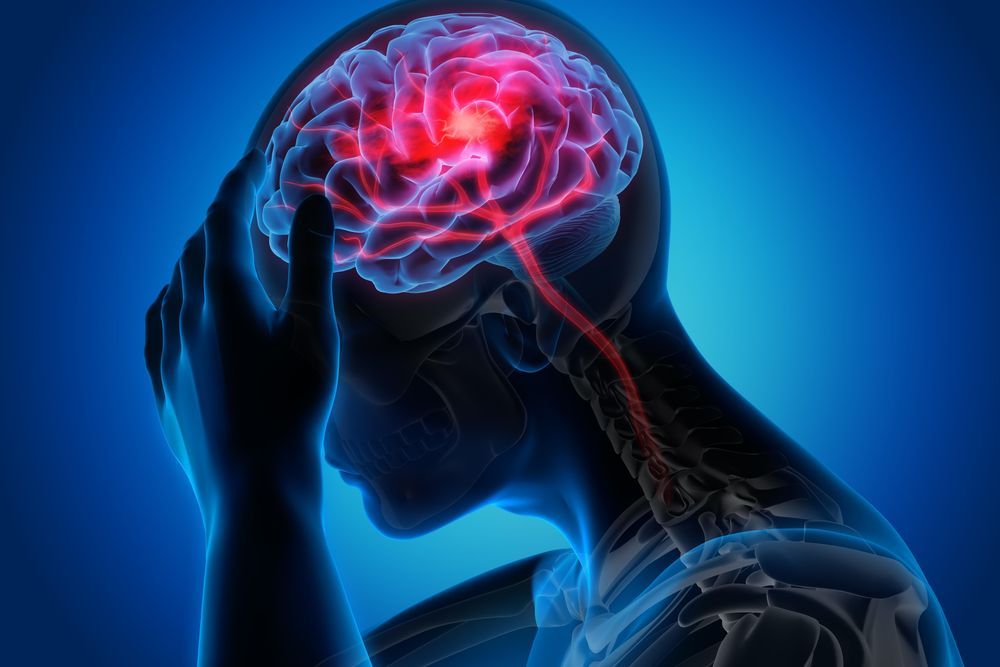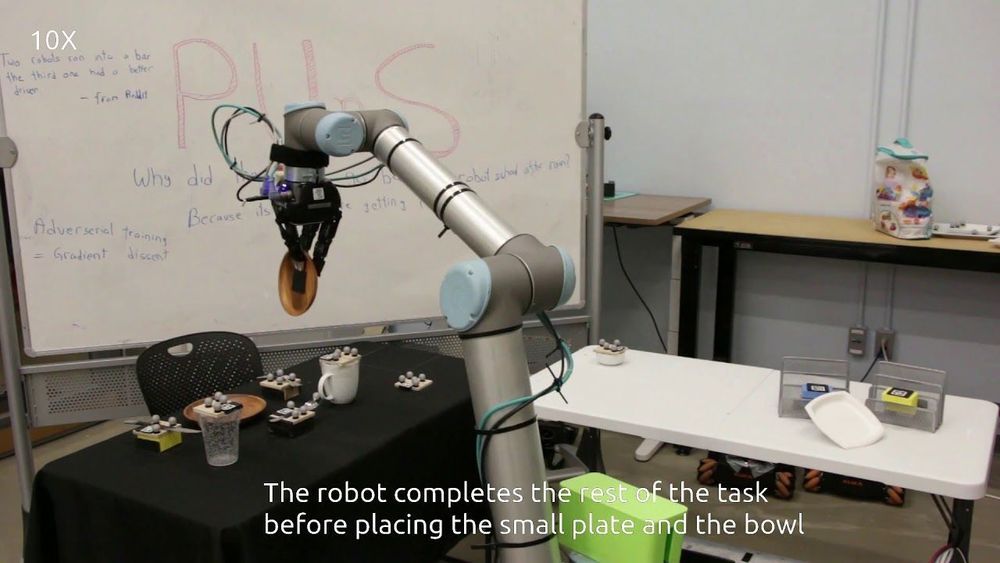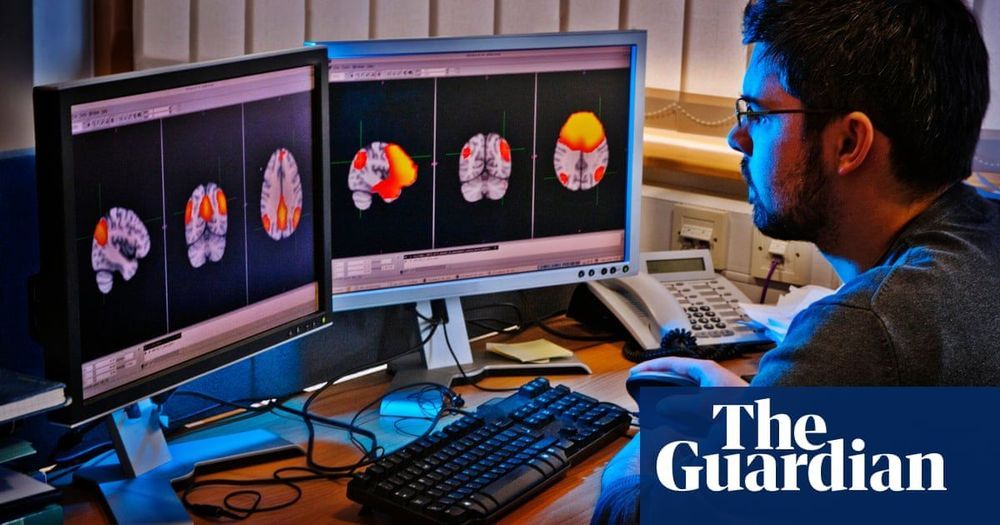Mar 7, 2020
Starring Nick Offerman as bearded tech-bro enigma, FX’s Devs has a lot going on
Posted by Derick Lee in category: entertainment
Sci-fi writer/director Alex Garland has some strong feelings about modern science and technology. If you haven’t yet seen his visually stunning and ideologically complex films, Ex-Machina and Annihilation, let’s just say he holds some skepticism about things that evolve beyond human control. But Garland evidently also has some feelings about dealing with film studios and production companies (many of which may not fancy the unflinching outcomes of his stories). So for his latest idea, he turned to the mini-series masters at FX to make his TV debut: Devs, an eight-part miniseries that seems to take Garland’s emerging mythos and apply it to the tech/research industry itself.
Ex-Machina scribe Alex Garland’s FX show continues his skepticism of things beyond control.
Continue reading “Starring Nick Offerman as bearded tech-bro enigma, FX’s Devs has a lot going on” »


















